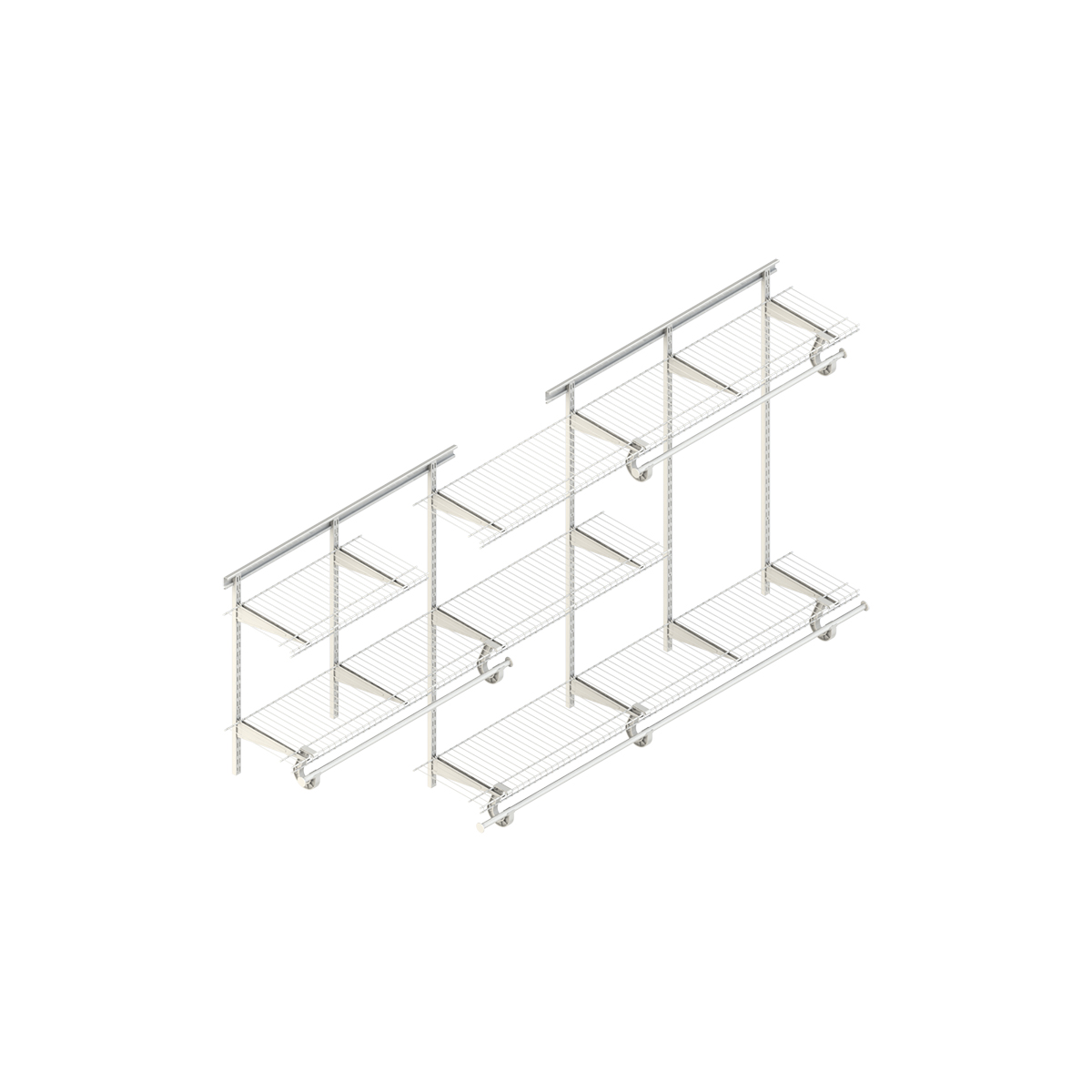mesh cladding panels
Nov . 13, 2024 15:47
The Versatility and Benefits of Mesh Cladding Panels
In the ever-evolving field of architecture and construction, innovation continuously shapes the materials and methods we employ. Among these advancements, mesh cladding panels have emerged as a popular choice for designers and builders seeking a blend of aesthetic appeal, functionality, and sustainability. This article explores the versatility, benefits, and potential applications of mesh cladding panels in modern construction.
What are Mesh Cladding Panels?
Mesh cladding panels are protective and decorative coverings made from various materials, often utilizing metal, vinyl, or other composites. These panels are characterized by their unique mesh-like design, which allows for airflow and light penetration while providing a solid layer of protection against the elements. The structure can vary in density and pattern, giving architects creative freedom to design facades that stand out while remaining functional.
Key Benefits
1. Lightweight and Durable One of the most significant advantages of mesh cladding panels is their lightweight nature, making them easy to handle and install. Despite being lightweight, they do not compromise on durability. Many mesh panels are designed to withstand harsh weather conditions, including heavy rain, wind, and UV exposure.
2. Enhanced Ventilation The porous nature of mesh panels allows for natural ventilation. This characteristic can be particularly advantageous in building designs that require airflow to reduce heat accumulation. By facilitating proper ventilation, mesh cladding can contribute to more energy-efficient buildings.
3. Aesthetic Appeal Mesh cladding panels are available in various designs, colors, and textures, making them a versatile choice for architects eager to create modern and eye-catching facades. They can complement a range of architectural styles, from industrial to contemporary, adding an element of sophistication and uniqueness to any structure.
4. Sustainability As sustainability becomes a critical concern in construction, mesh cladding panels can play an essential role in meeting eco-friendly standards. Many panels are manufactured from recycled materials, and their lightweight nature reduces transportation emissions. Additionally, their thermal performance can help lower energy costs by minimizing the reliance on heating and cooling systems.
mesh cladding panels

5. Cost-Effective Solutions In terms of cost, mesh cladding panels can provide significant savings throughout the construction process. The lightweight nature reduces transportation and labor costs, while their durability ensures long-term value, minimizing the need for frequent repairs or replacements.
Applications
Mesh cladding panels find applications in a variety of settings, ranging from commercial buildings to residential homes. Here are some prominent uses
1. Commercial Buildings Many businesses use mesh cladding for their facades to enhance visual appeal and brand identity. It can also serve practical purposes, such as providing sun shading to reduce glare in office environments, which improves employee comfort and productivity.
2. Industrial Facilities The durability and low maintenance requirements of mesh cladding make it an ideal choice for industrial facilities. It can withstand the rigors of operational wear and tear while still presenting a professional appearance.
3. Public Infrastructure Municipal buildings and public infrastructure projects frequently utilize mesh panels for aesthetic enhancements. They can be molded into intricate designs that reflect the local culture or history, improving the overall visual landscape of urban settings.
4. Residential Applications Homeowners increasingly embrace mesh cladding in residential builds. It can be used for external walls, fences, or patio covers, providing privacy while allowing light and air to flow.
Conclusion
Mesh cladding panels represent a significant advancement in building materials, offering a blend of beauty, functionality, and sustainability. Their lightweight yet durable nature, coupled with impressive aesthetic flexibility, enables architects and builders to create innovative and environmentally responsible designs. As the construction industry continues to prioritize sustainability and energy efficiency, mesh cladding panels will likely play an essential role in shaping the future of modern architecture. For anyone involved in design or construction, exploring the potential of mesh cladding panels is undoubtedly a step towards embracing a new era of building technology.




















